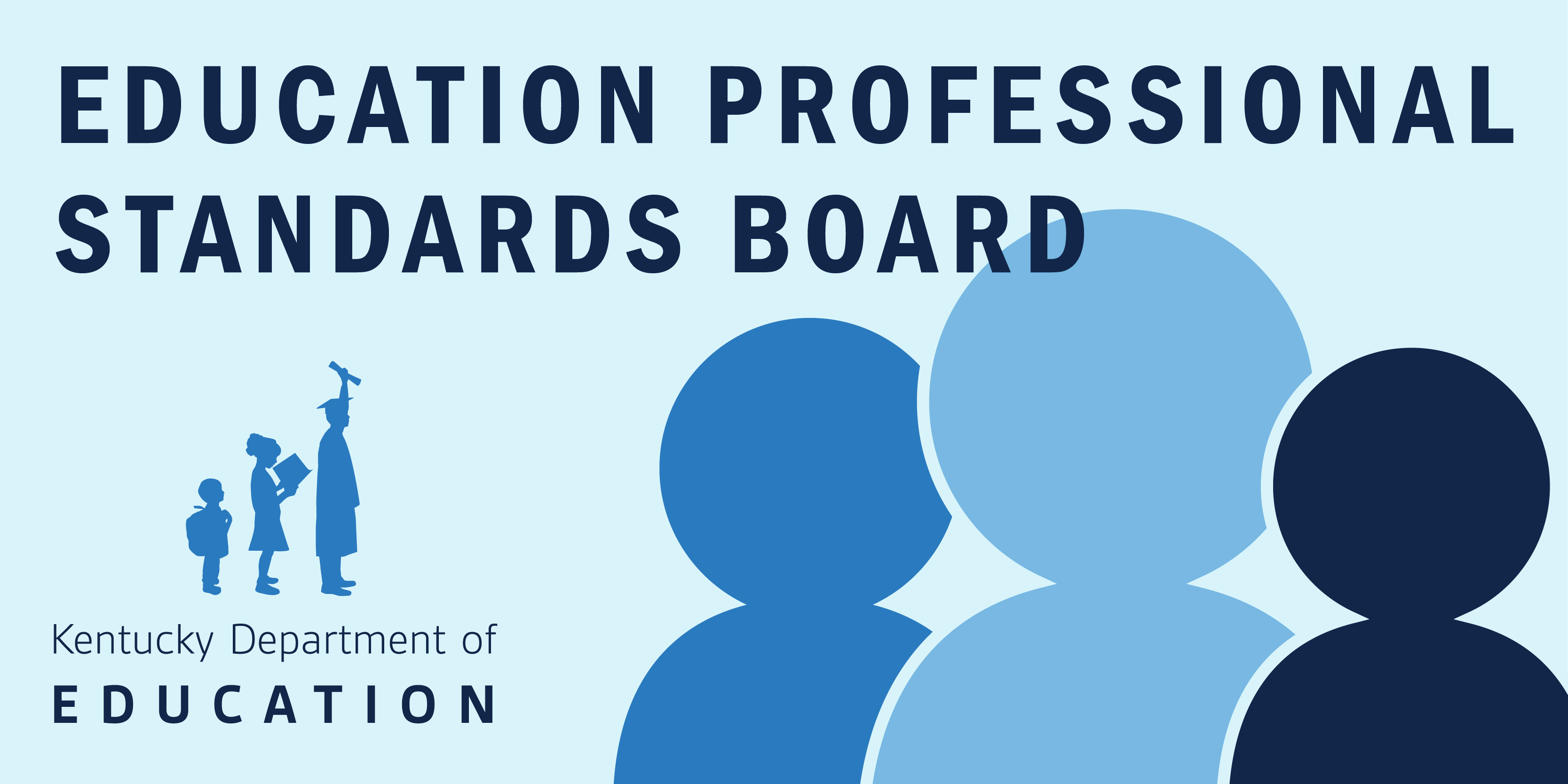- The advisory councils’ work is intended to ensure that school counselors are focused on the mental health and academic success of students as well as college and career readiness.
- Kentucky Education Commissioner Wayne Lewis told the groups that counselors should speak with one voice about ensuring that mental health is a point of emphasis in their programs.
By Mike Marsee
mike.marsee@education.ky.gov
The Kentucky Department of Education (KDE) is leading an effort to create counseling standards for Kentucky schools.
The work continued March 19 at a joint meeting of KDE’s School Counseling Standards Advisory Council and School Counseling Model Advisory Council in Frankfort. School counselors and postsecondary partners on the two advisory councils are working with KDE to develop standards both for school counselors and for the preparation of prospective counselors, as well as a model that will illustrate what effective school counseling should look like.
“We need to realign the role of school counselors in Kentucky, and make this position mission-focused and relevant to the roles and responsibilities that are needed to help students with their mental health, academic careers and postsecondary options,” said Damien Sweeney, KDE’s program coordinator for comprehensive school counseling.
The work began last summer and was accelerated by the passage of Senate Bill 1 (2019) by the Kentucky General Assembly earlier this year. One component of SB 1 aims to improve students’ access to behavioral health services and supportive learning environments by ensuring appropriate counselor-to-student ratios, and the bill calls for the collection of data on the use of counselors’ time in schools.
The advisory councils are working on three documents:
- School counseling standards of practice, which promote the most effective school counseling practices and offer a core set of expectations for school counselors and a rubric that will help school administrators understand the role of school counselors in schools and how they should be measured.
- School counseling standards of preparation, which will be used by universities to teach prospective counselors how to employ the standards of practice.
- A comprehensive school counseling state model, which can be used to inform stakeholders in their communities about best practices.
“It provides a document for each audience,” said Susan Rose, the associate dean of academic affairs at the University of the Cumberlands and a member of the School Counseling Model Advisory Council. “The standards will be used by practicing counselors and for the preparation of counselors, and the model will be for stakeholders and the community to see what school counselors are supposed to be doing.”
Sweeney hopes the two standards documents could be rolled out by this summer, while the state model could follow this fall.
He said that once the documents are finalized, they will be presented to various education role groups, which will likely include those representing principals, superintendents and school councils. They will be submitted to the Kentucky Board of Education for approval.
Sweeney and Julia Thomas, a school counselor at Thomas Nelson High School (Nelson County), said the groups also want school counselors across the state to embrace the term “school counselor,” which they said better encompasses the role they should play than does “guidance counselor.”
“We’re really embracing the notion of moving away from what that was,” Thomas said. “We want to focus on the whole child, not just the career planning and preparation piece.”
Kentucky Education Commissioner Wayne Lewis addressed the advisory councils, and Thomas said he was asked about the best way for school counselors to advocate for their redefined role. He told the counselors that it’s important for them to speak with one voice about ensuring that mental health is a point of emphasis in their programs.
“We have to come together and make sure that all practicing school counselors within our state have that goal and want to do that work for the benefit of our students,” Thomas said.



Leave A Comment